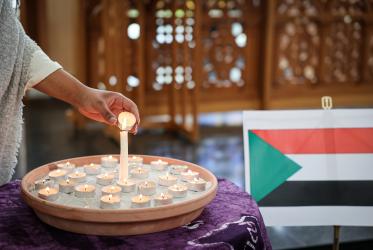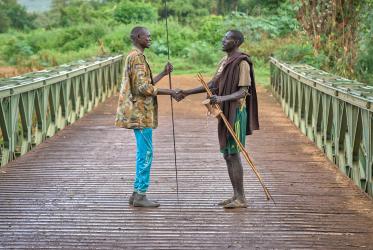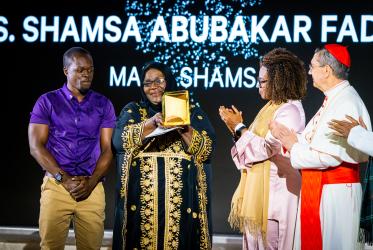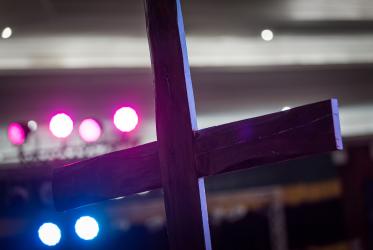Displaying 1 - 15 of 15
Kenyan woman peace-builder wins human fraternity award
14 February 2023
Doing his best without being the best
07 September 2018
Seven weeks of Lent highlight water crisis in Africa
01 March 2017
An interview with the Ethiopian Patriarch, Abune Matthias
14 February 2017
Faith communities explore concrete climate action at COP22
10 November 2016
Land rights focus of panel discussion
17 November 2015







